20 Foods That Spoil the Fastest
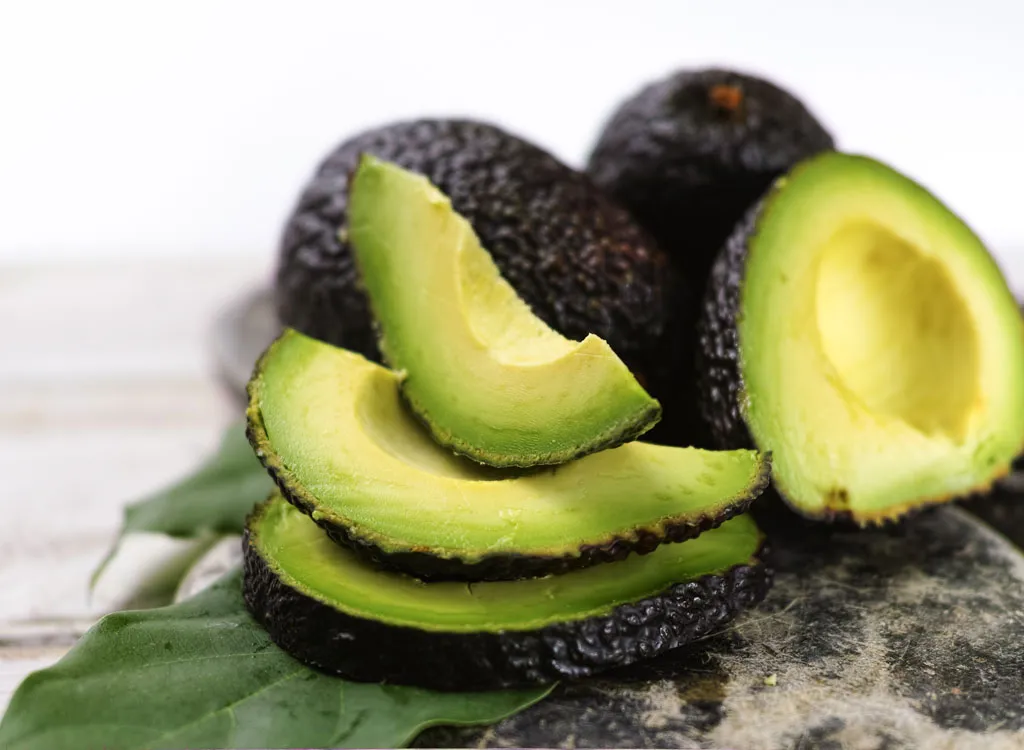
Now more than ever you’re paying attention to all the food in your kitchen, making sure you’ve stocked up on items that are going to last a while. Even though it seems like just about everyone is flocking to frozen and canned goods, some are still hoping to make the most of the fresh fruits and veggies they do have on hand. But how do you prioritize what to eat first? Which foods actually last the longest? Important questions to be asking during these times, we know!
See, some foods simply spoil at what seems like a rapid speed. But knowing a few simple tricks can help them last longer—some rules of thumb, for example, include avoiding washing and chopping up your produce before you’re ready to consume them, and making sure you’re storing all of your eats properly (tomatoes should never be in your fridge! Like ever.).
But to find out more about which items you need to be paying particularly close attention to we reached out to some well-known health experts and asked them to single out foods that spoil the fastest and what you can do to extend the freshness. And for more of what else you should have in your kitchen, here are the packaged foods to stock up on right now.
Berries

Berries are considered highly perishable fruits. After a couple of days, they tend to mold, become discolored and wet. Store them in the refrigerator for maximum freshness where they can stay fresh for up to eight days. Note, however, that when berries begin to spoil don’t think you can simply cut off or toss the piece of moldy fruit. “Mold can grow below the surface and can be difficult to see; it also spreads quickly to nearby fruit. Be safe and toss it,” says Kathy Siegel, MS, RDN, CDN.
Bananas
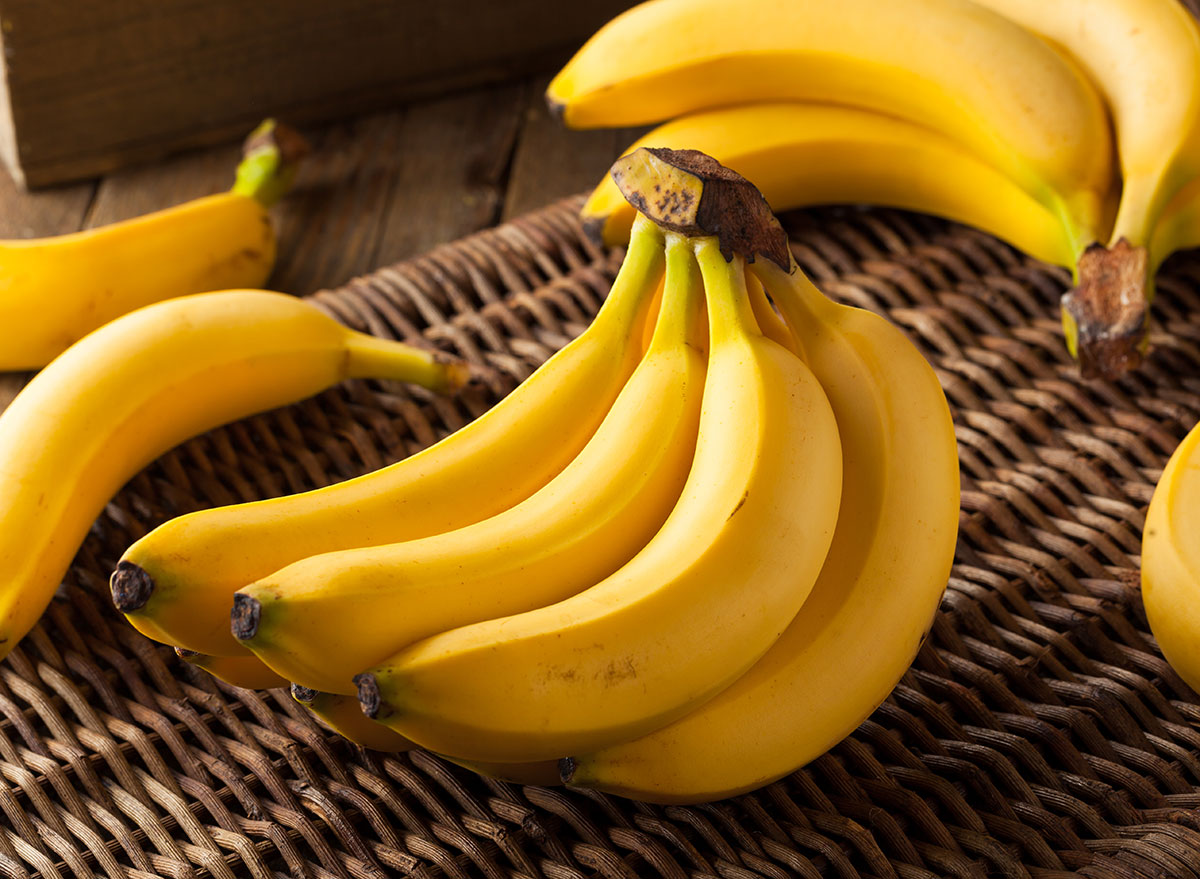
When stored in the pantry or on the counter bananas last two to five days. “It’s important to keep your unripe bananas away from those that are already ripe,” says Siegel. “Ripened bananas will let off ethylene, a gas that will speed up the ripening of adjacent fruits.” It’s best to buy less ripe bananas and let them ripen at home. Also, note that storing bananas in brown bags can make them ripen faster. Just because you have a few over-ripened bananas, however, doesn’t mean you need to toss them; make banana bread!
Tomatoes
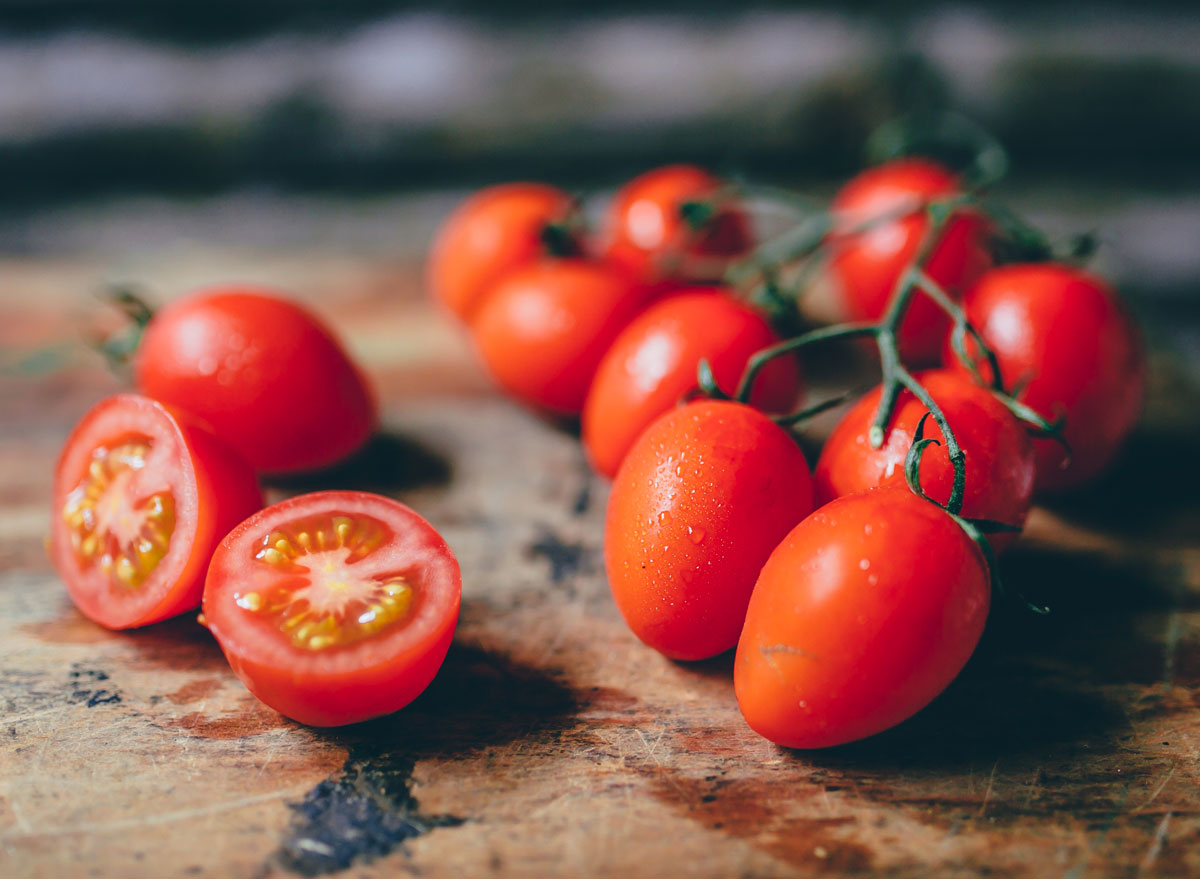
Tomatoes love the heat but hate the cold. “Putting tomatoes in the fridge can quickly cause them to become soft and mealy. Instead, leave them on the counter and enjoy them when they’re ripe,” recommends Dr. Zelana Montminy, Suja’s health and wellness expert and author of 21 Days to Resilience. If stored on your counter tomatoes should last a week.
Peaches
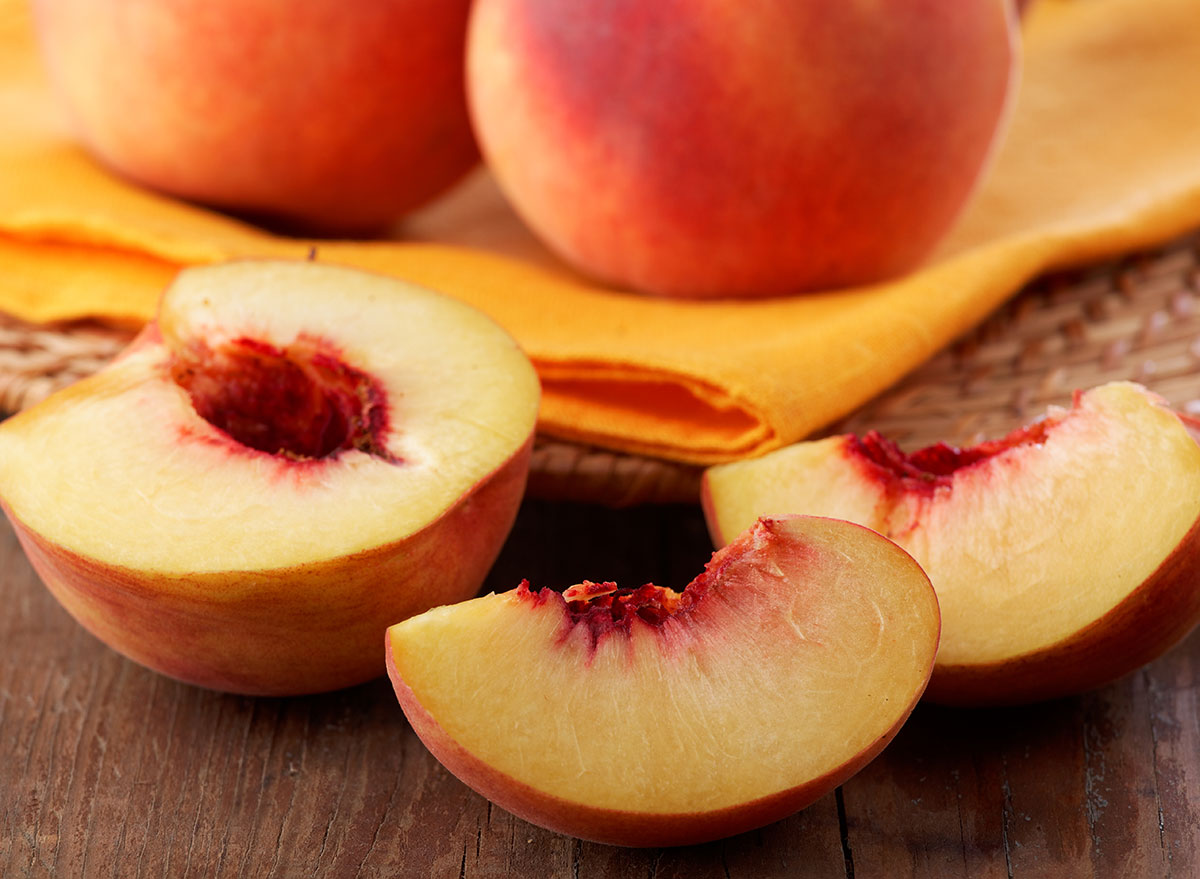
“Peaches go bad quickly because they give off ethylene gas which makes them ripen faster once they start to get ripe,” says Isabel Smith, MS RD CDN, founder of Isabel Smith Nutrition. “Keep them in the fridge and away from other ethylene producing produce.”
Potatoes
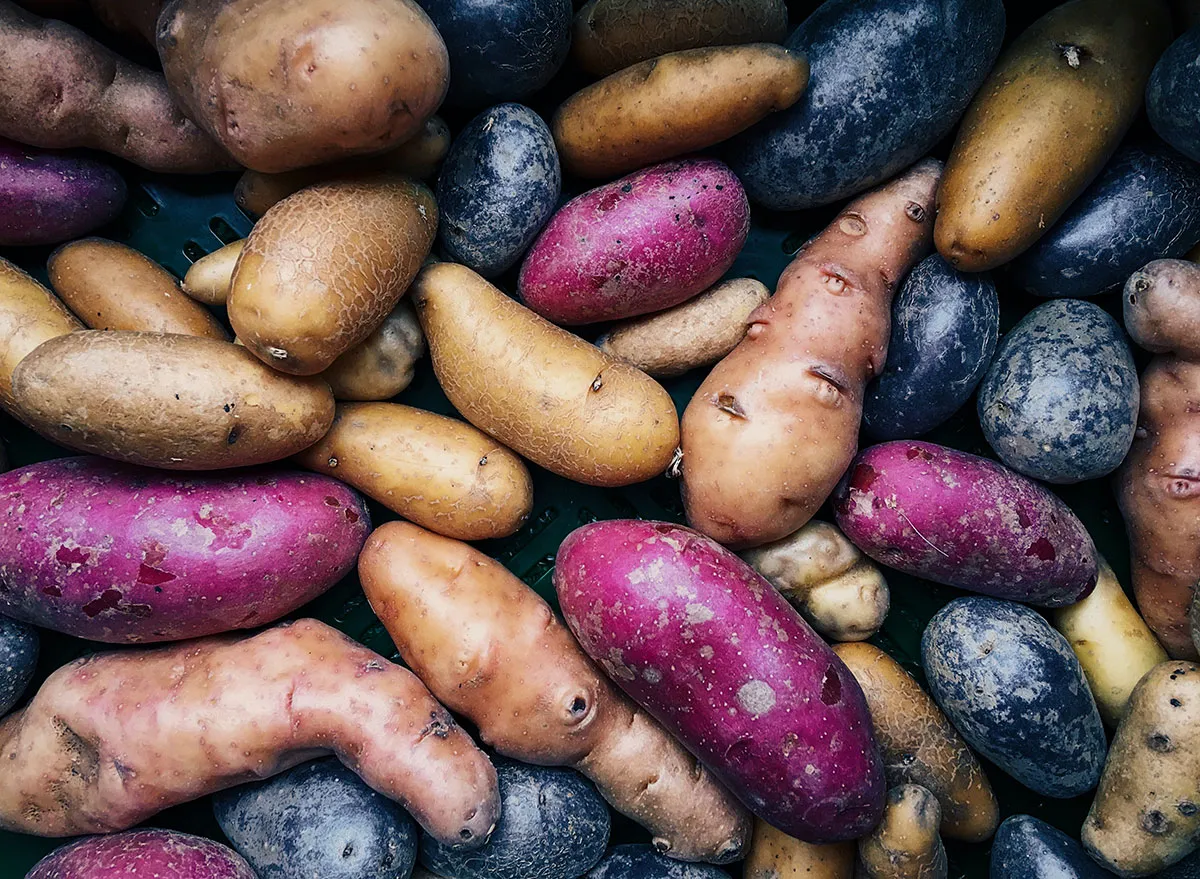
“Potatoes prefer cool over cold, and storing them in the fridge can cause their starch to convert to sugar more quickly, affecting their taste, texture and flavor,” says Dr. Montminy. “Instead, potatoes are best left in a cool, dry cupboard, which will help extend their shelf life and result in a better taste.” And for more insight, here’s the single best way to store potatoes.
Avocados
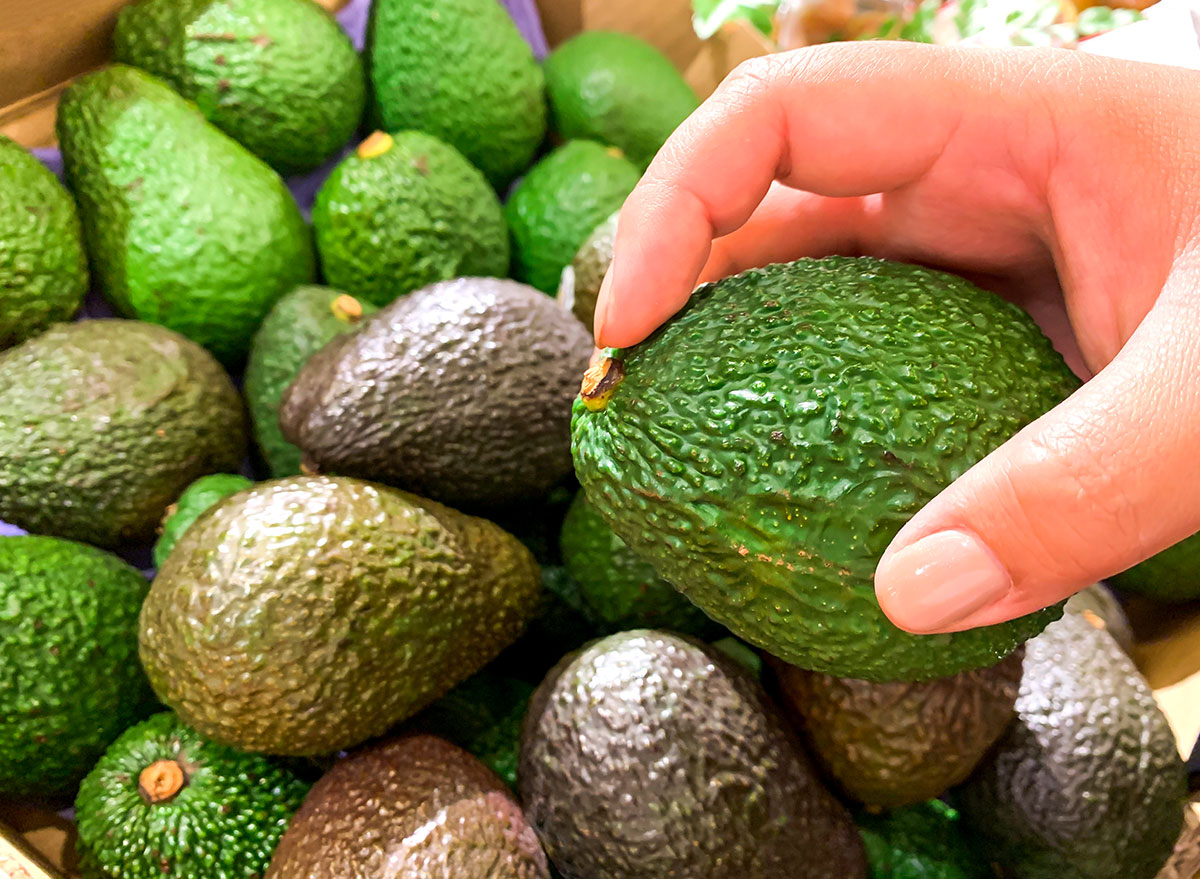
Avocados will last three to four days on the counter and seven to 10 days in the refrigerator according to Siegel. “A ripe avocado is dark green on the outside, slightly firm to touch and light green on the inside. An avocado has spoiled if it’s black or brown in color and has indents in the skin.” Once an avocado is ripe, it can be stored in the refrigerator for two to three additional days. For optimal storing keep unripe avocados on your counter until they’re ready to eat and then store them in your fridge.
Green Beans
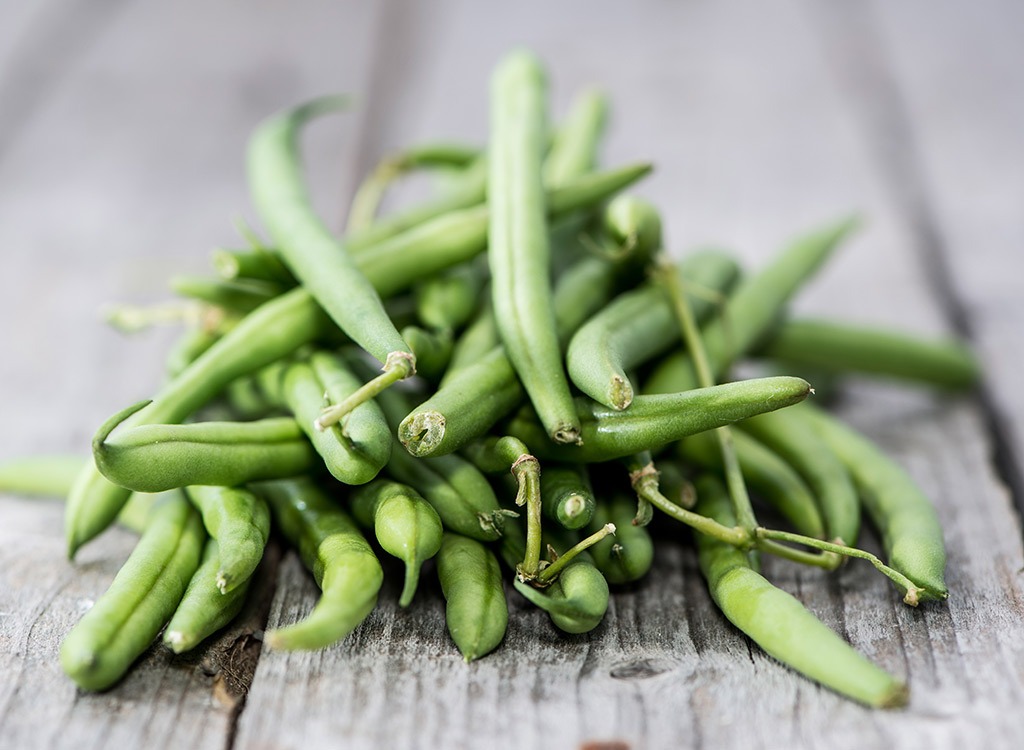
Green beans, either fresh or cooked, should last five to seven days in the refrigerator. “Spoiled green beans will become limp and moist,” says Siegel. “Keep your beans dry during storage, if the beans become damp, they can quickly grow mold. If you see mold, throw them away!” Also note that green beans are ethylene-sensitive so keep them away from ethylene-producing produce. Ideally, store your beans in an open Ziploc bag with a piece of paper towel to absorb excess moisture.
Kale
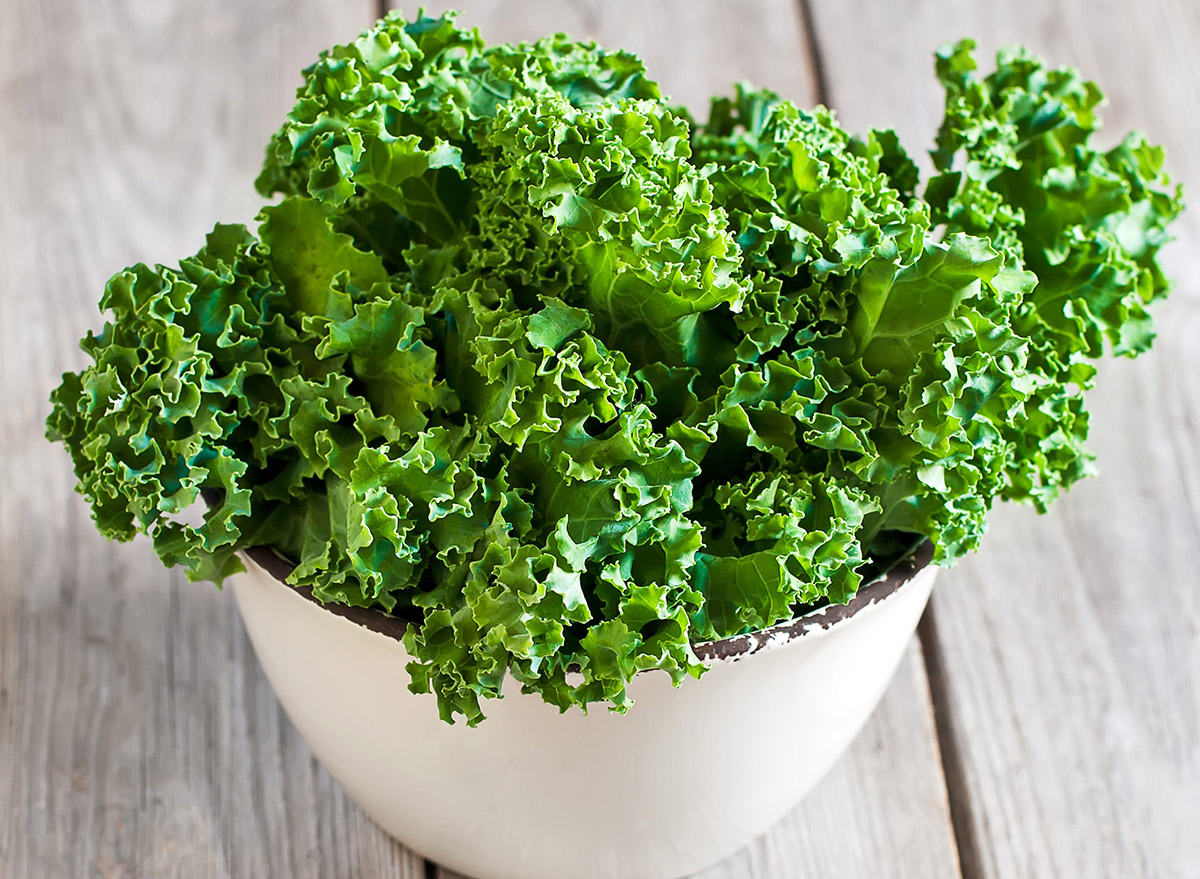
Dark leafy greens wilt quickly. “To save them from moisture loss, wrap them in a plastic bag with a piece of paper towel and store in the produce drawer to add days to their life,” recommends Desiree Nielsen, BSc, RD.
Cold Pressed Juices
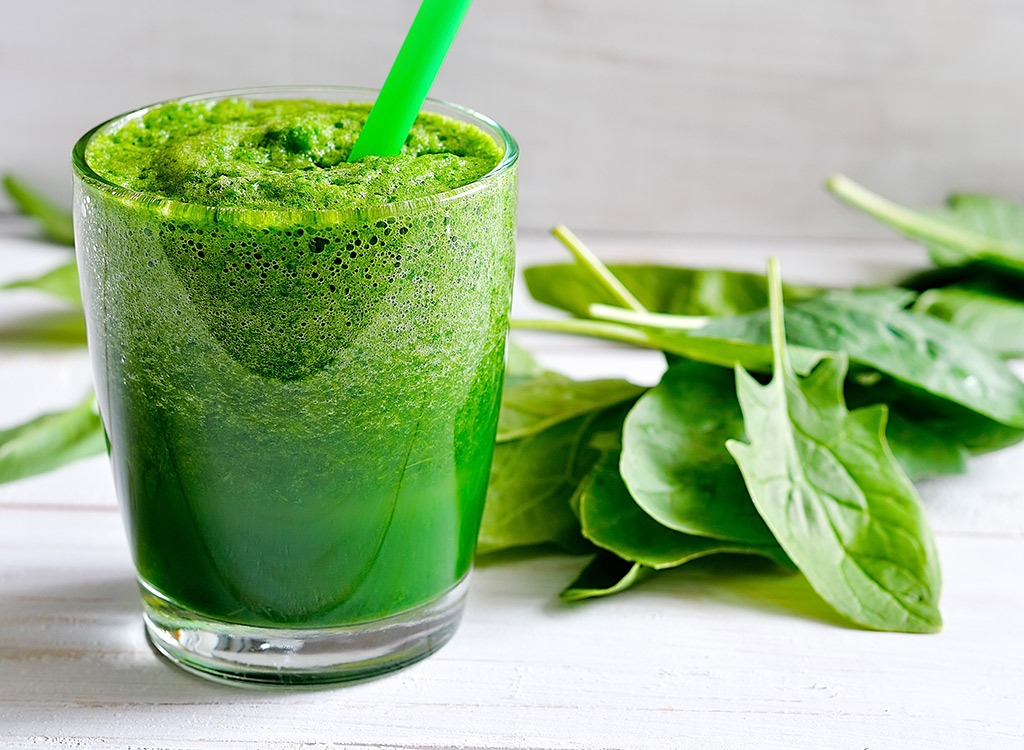
Most cold-pressed juices are not pasteurized, making them very easily spoiled. “In addition, many nutrients such as vitamin C degrade quickly – so for the most nutritious drink, use cold-pressed juices within a couple of days and always keep them refrigerated,” says Nielsen. So Is V8 Juice Healthy or Is It Terrible for You? Here’s What an Expert Says.
Broccoli
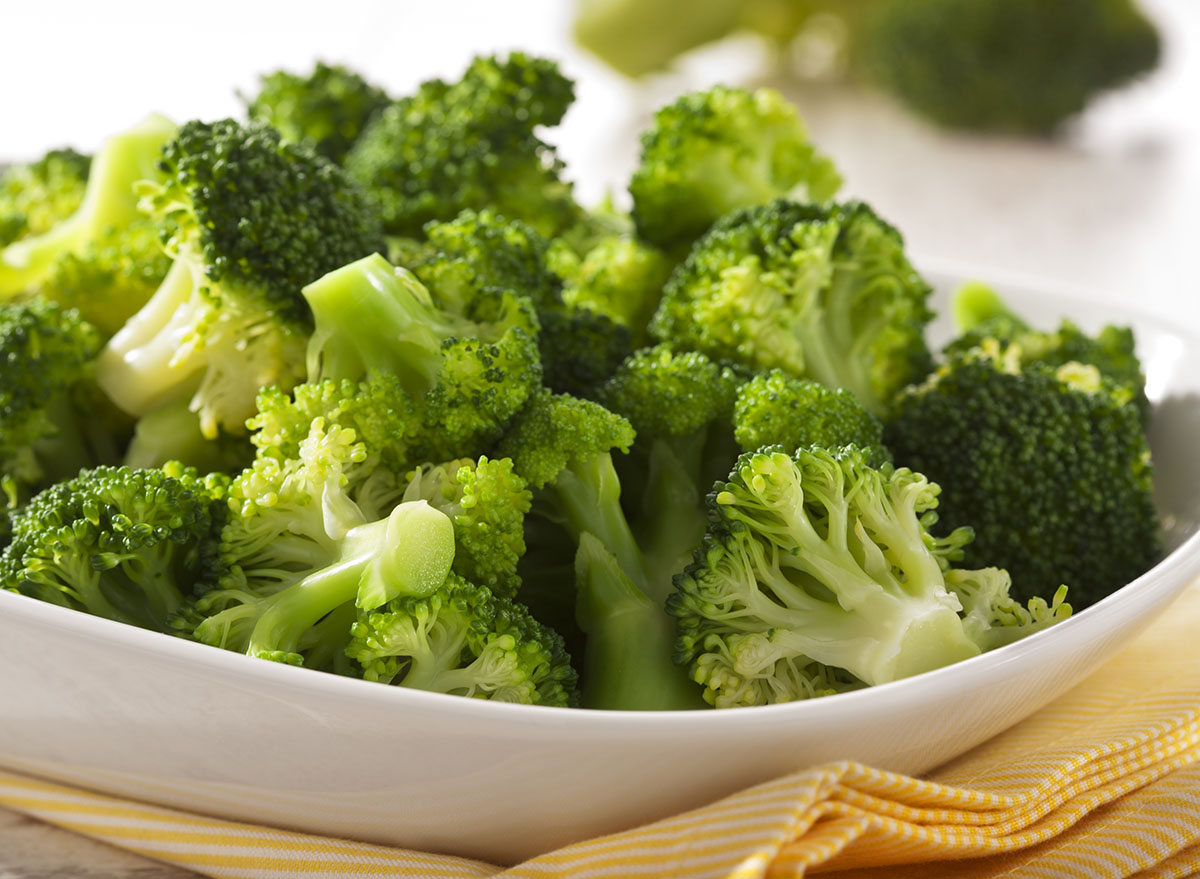
Fresh broccoli will last refrigerated for seven to 10 days. “Broccoli will begin to smell and change color at the first sign of spoilage and the crisp texture will become limp,” explains Siegel. “Moreover the longer broccoli is stored the greater the loss of nutrients; vitamin C in broccoli degrades particularly rapidly after harvest and this degradation continues during storage. After seven days of storage, the vitamin C content of vegetables, such as broccoli, could be as much as 100 percent lost.” Also note that broccoli, like green beans, is an ethylene-sensitive food, so you don’t want to store it with your fruit and you shouldn’t store it in a closed bag because broccoli needs air circulation to prevent mold.
Mushrooms
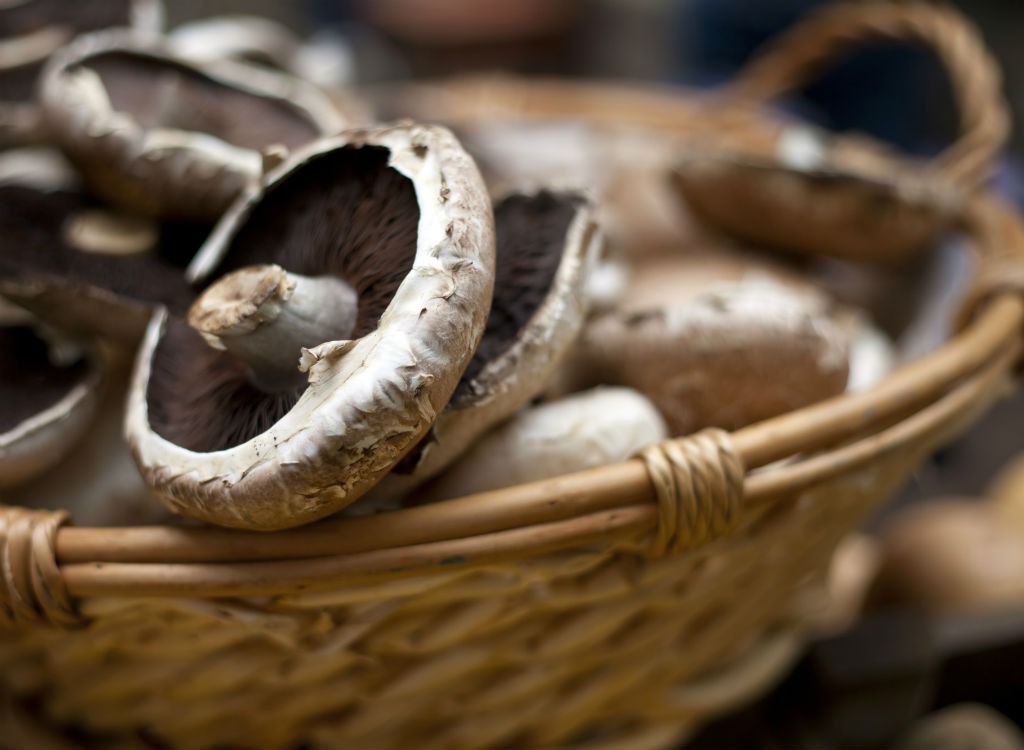
It doesn’t matter whether you’re buying them fresh or they’re from a can, mushrooms won’t last more than 10 days; sliced mushrooms usually only last five days. To optimize freshness store your mushrooms in a cool, dry place and in a paper bag. It’s important not to keep mushrooms in a plastic bag because they’ll trap moisture and cause them to mildew.
Asparagus
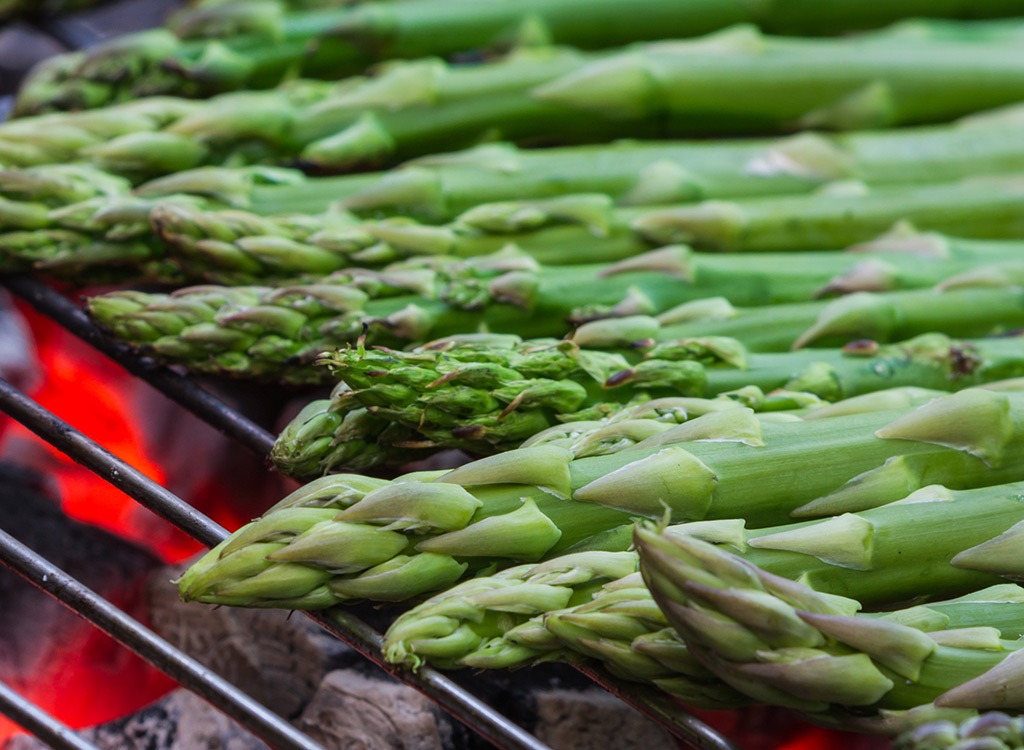
Asparagus lasts about two days meaning you should cook it as soon as possible after purchase not only for optimal taste, but also for optimal nutrition. “Trim off the bottoms of the stems when storing asparagus and place them in water and cover the tops with a plastic bag to keep them as fresh as possible,” says Dr. Montminy.
Hummus
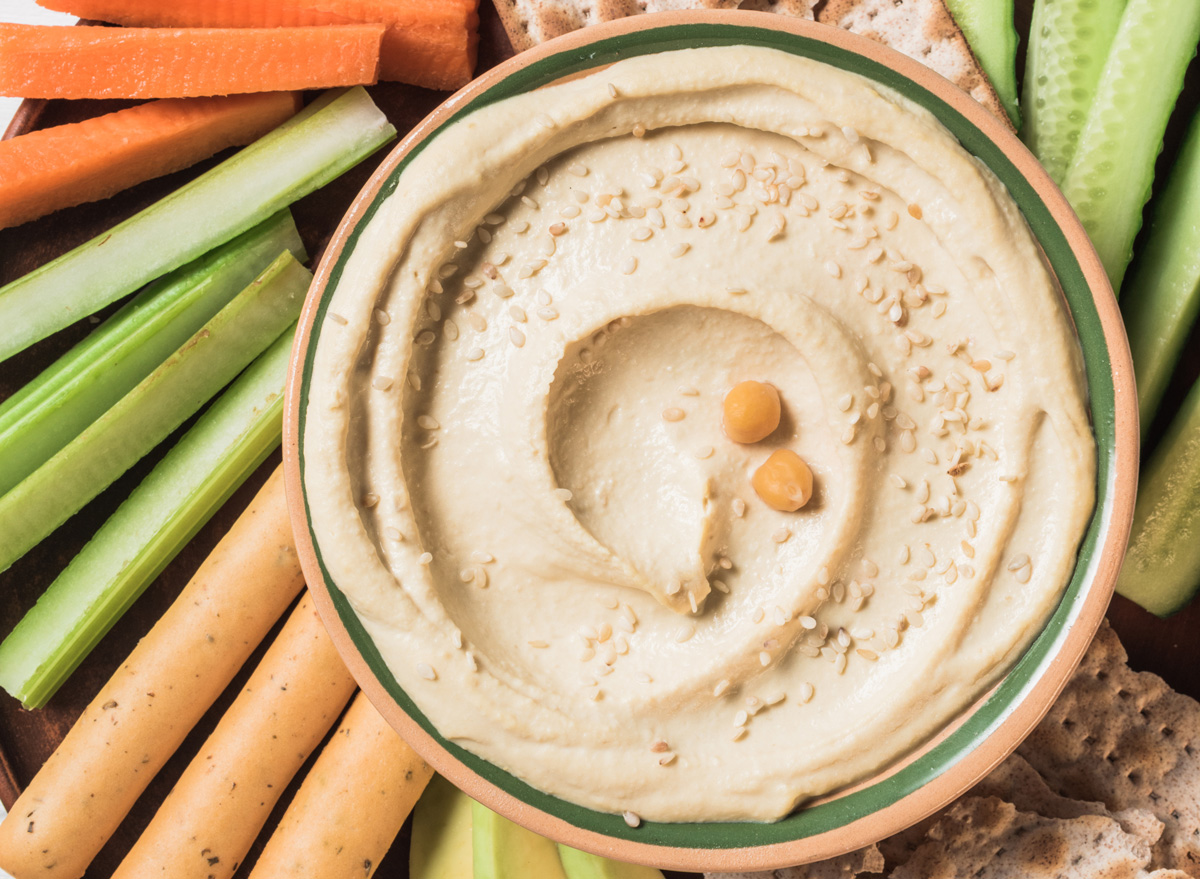
The chickpea-based snack will last three to four days in the refrigerator. “Hummus can become a breeding ground for the dangerous bacteria Listeria that cannot be seen,” cautions Siegel. “It’s best kept stored in an airtight container, keeping out moisture and contaminants.”
Cooked Grains
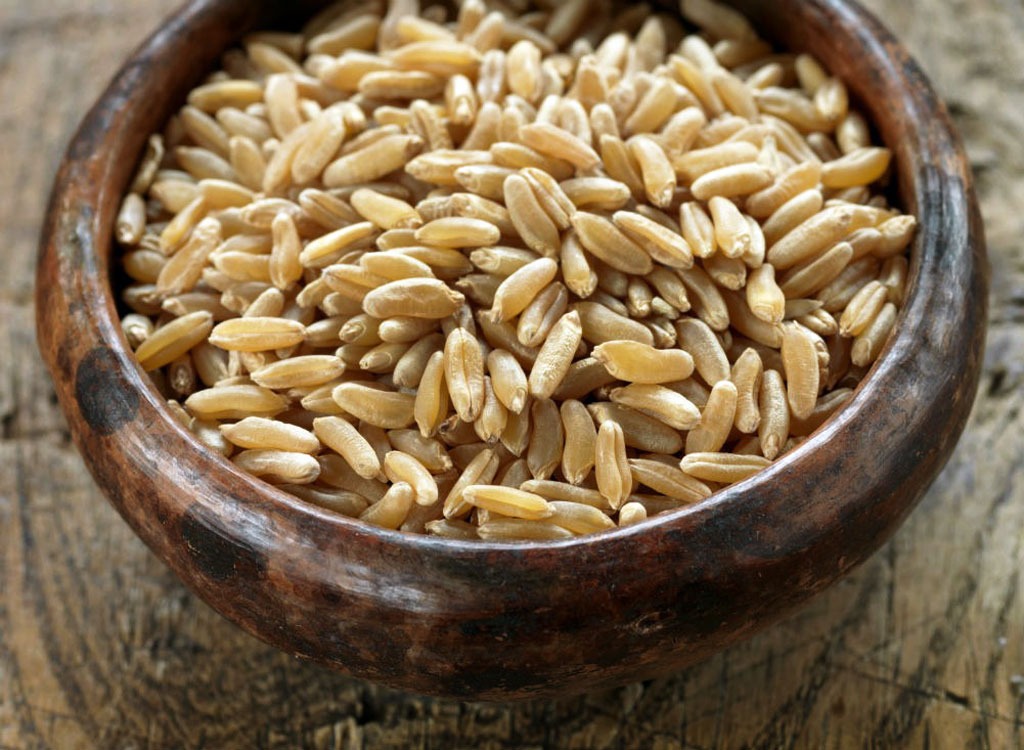
Cooked grains will last approximately four to six days in the refrigerator. Siegel recommends storing grains in airtight containers. “Remember, bacteria can grow rapidly at temperatures between 40°F and 140°F even in grains. Grains left out for more than two hours at room temperature should be discarded.”
Eggs
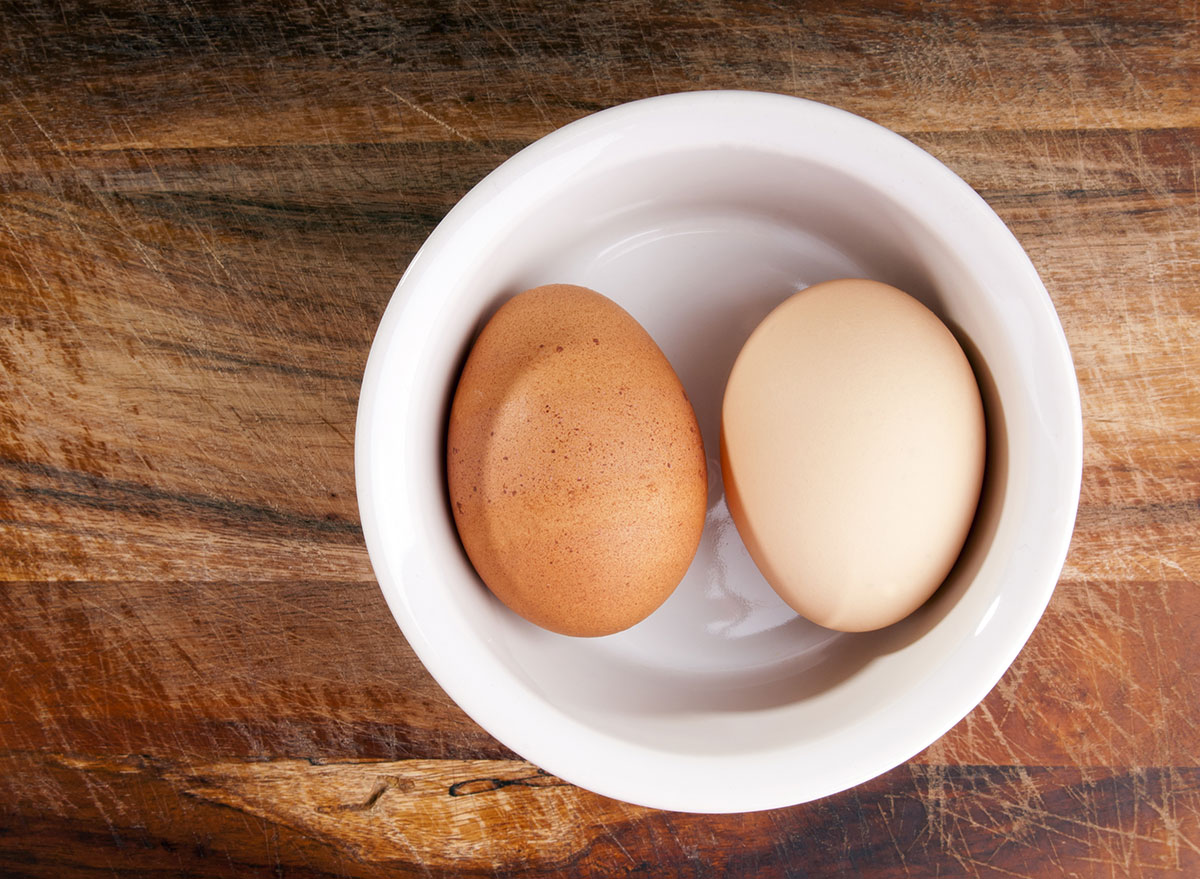
Peeled or unpeeled hard-boiled eggs are safe one week after cooking when stored in the refrigerator. Leaving hard-boiled eggs at room temperature for extended periods of time allows for dangerous bacteria to grow. Siegel warns that any hard-boiled eggs left at room temperature for longer than two hours should be tossed.
Cooked Vegetables
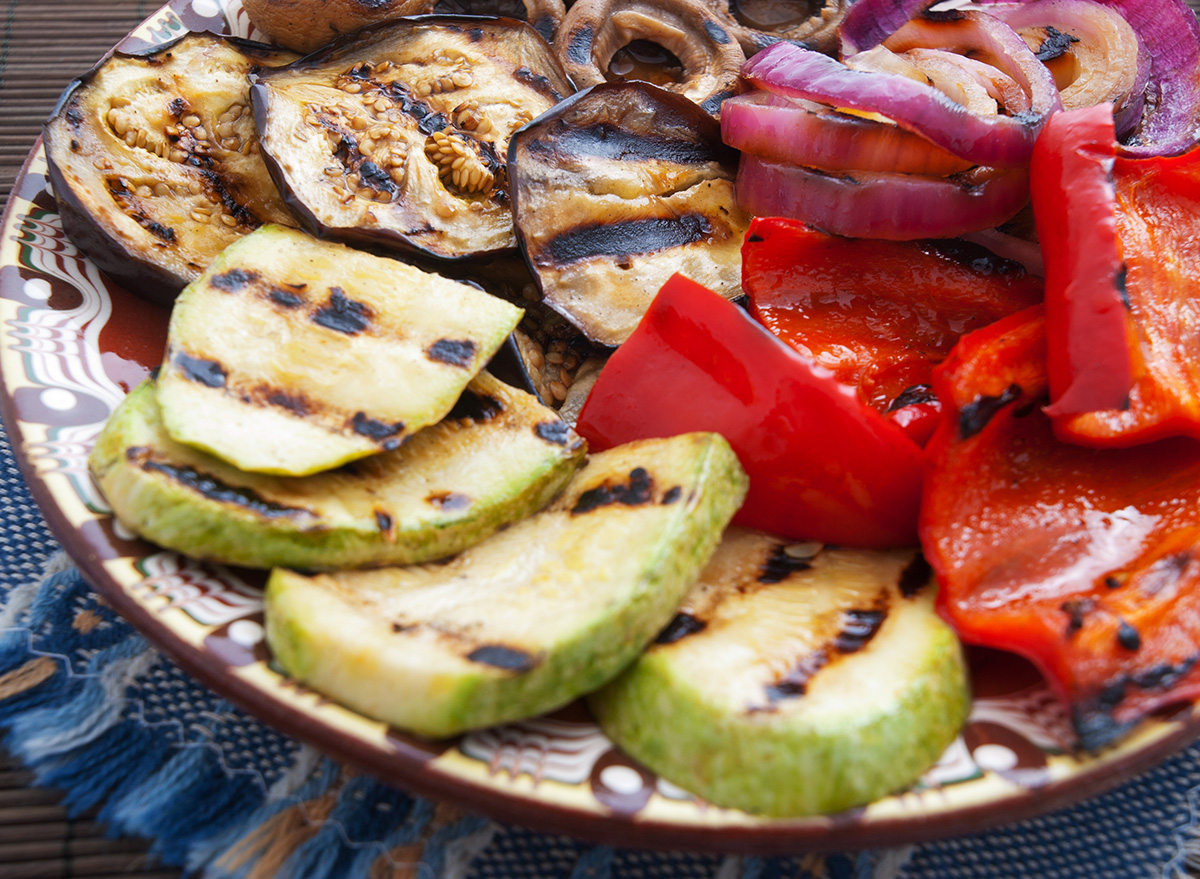
Cooked vegetables can be stored in the refrigerator for three to seven days in an airtight container. Vegetables that contain higher water content, like broccoli, will lose their quality more rapidly than those that contain less water. Seasoned vegetables will grow mold more rapidly.
Deli Meats
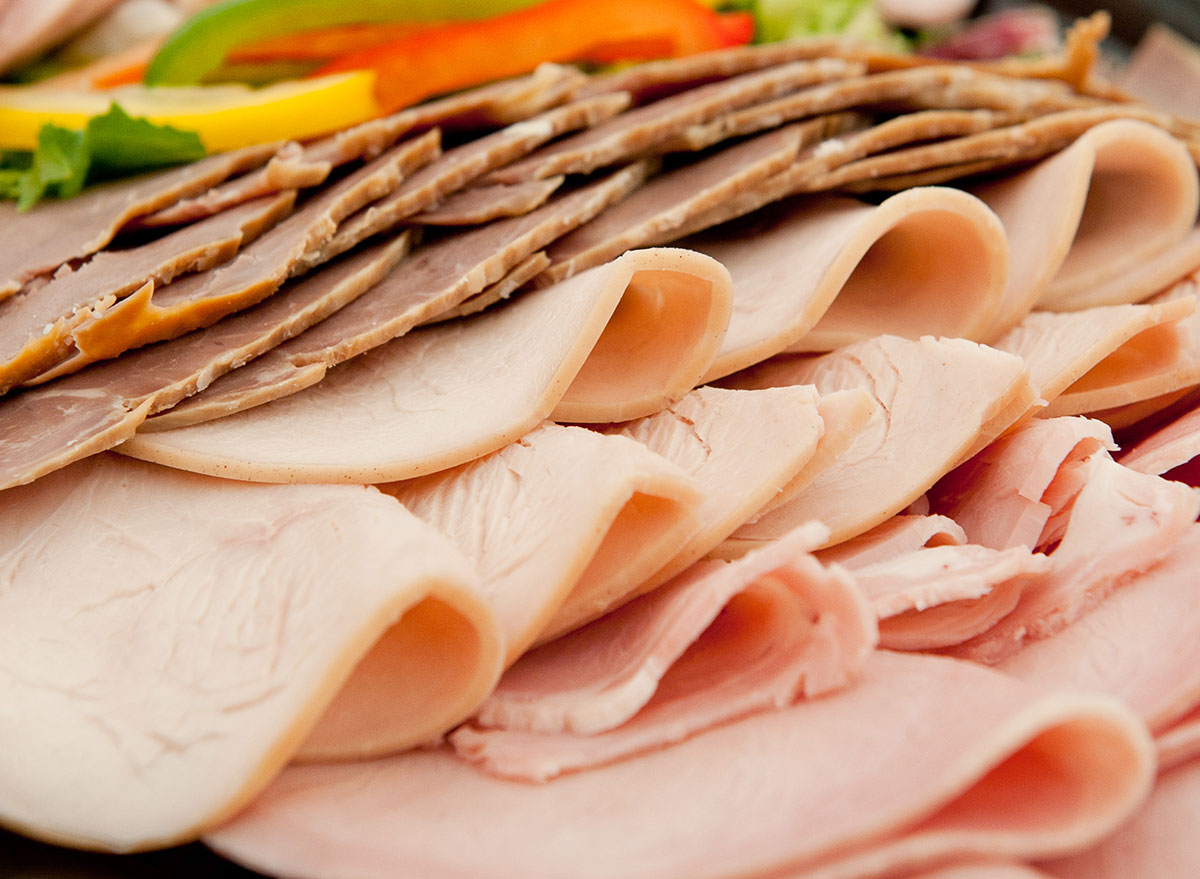
“All deli meats, prepackaged or fresh cut from the deli, should be kept refrigerated and consumed within three to five days,” says Siegel. “Deli meats should be properly stored in a meat drawer or toward the back of the refrigerator where it is coldest to reduce the risk of bacterial growth that can cause food poisoning. Deli meats can quickly grow the bacteria Listeria which can be very dangerous to pregnant women or those with a weakened immune systems.”
Parsley
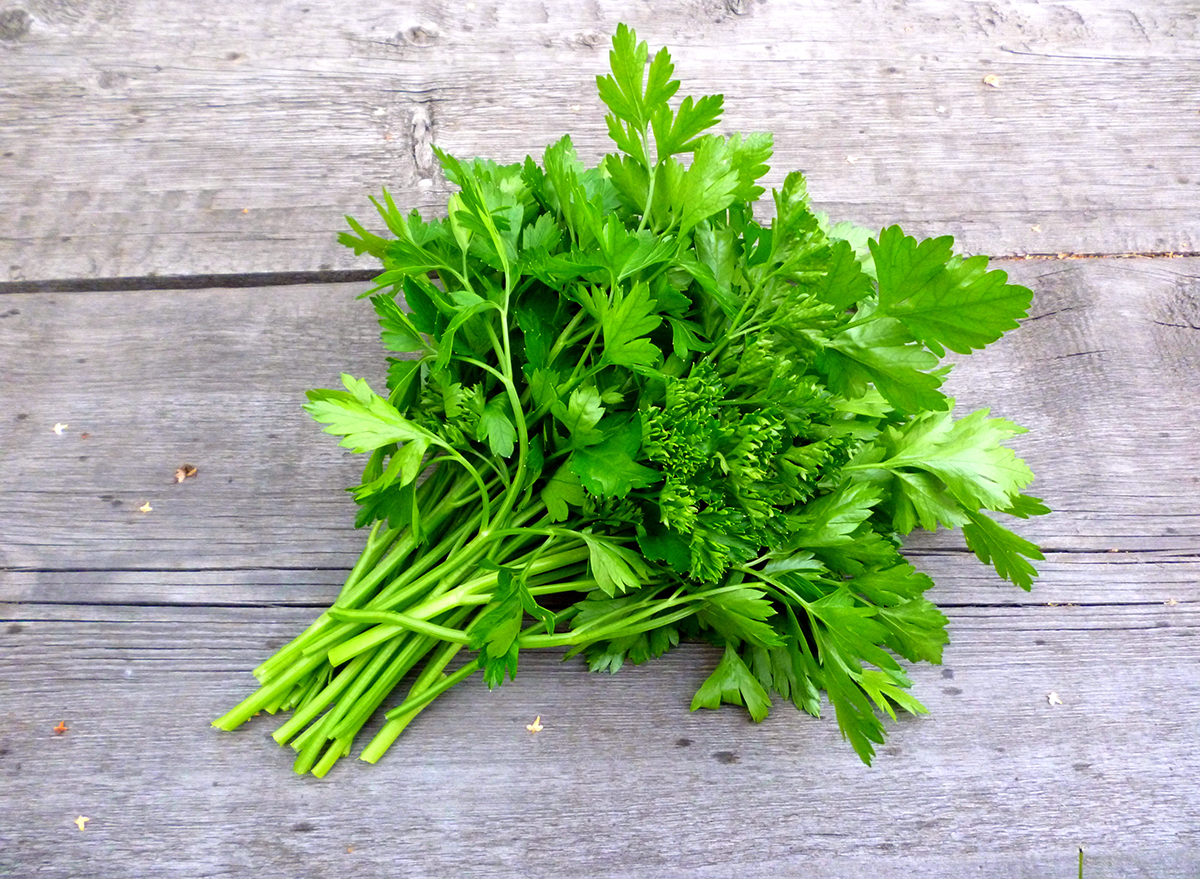
Parsley is a delicate plant; oxygen exposure can cause it to brown or yellow. “Too much moisture will rot it while not enough, wilts it,” says Nielsen. “Treat all herbs like you would a plant: trim the ends, place in a glass with an inch of water and ideally, top with a Ziploc bag to protect from moisture loss.”
Yogurt
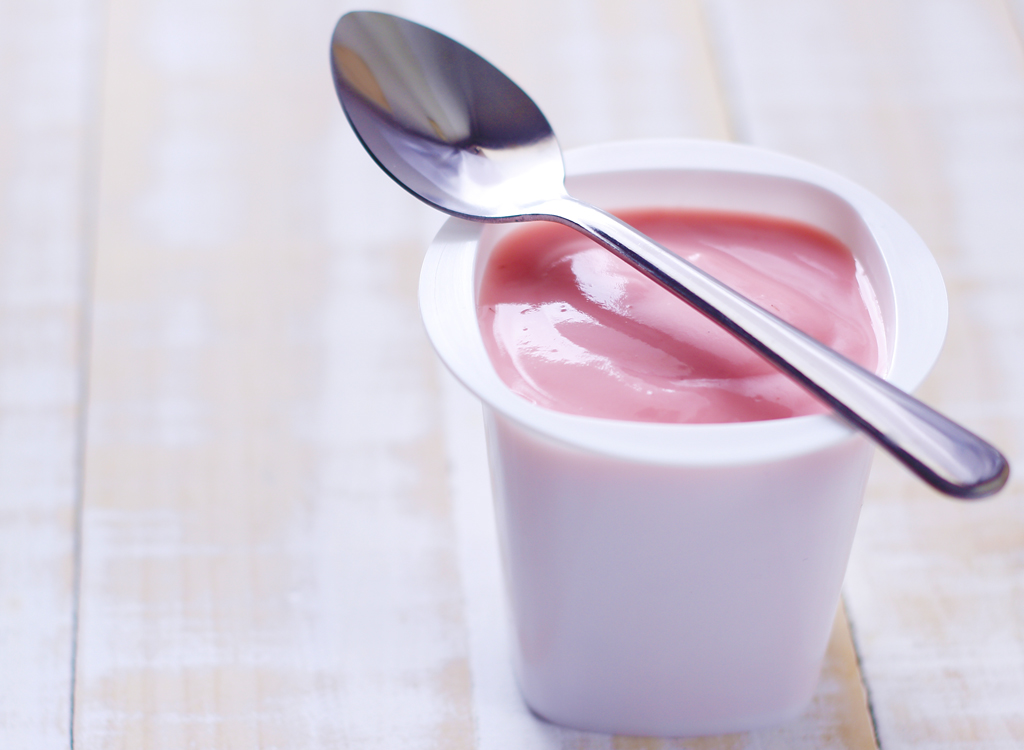
“Because spoilage bacteria is present in yogurt, it will spoil easily,” says Nielsen who recommends getting your probiotics from Bio-K+, which is probiotic supplement packaged in a sterile environment with no spoilage bacteria, if you won’t be consuming your yogurt soon after purchase.
Fish
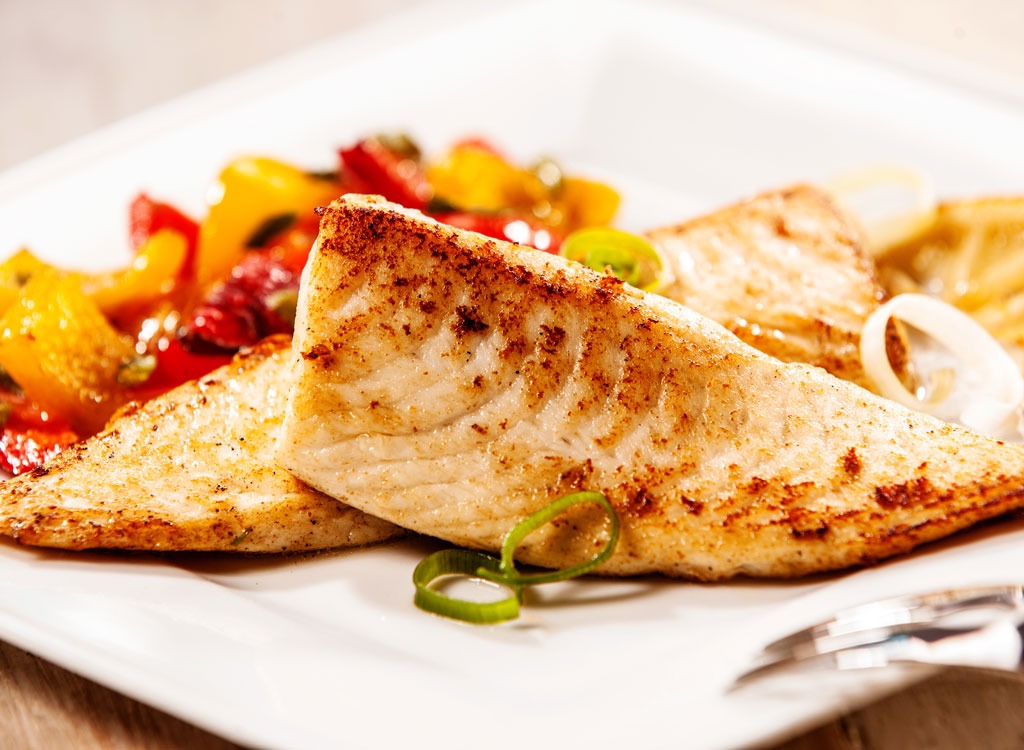
“Fish is probably the most delicate of foods with respect to spoilage,” says Nielsen. “It contains healthy fats, which go bad quickly in addition to enzymes that breakdown the proteins in the fish along with bacteria that are well-adapted to colder temperatures, meaning that refrigeration doesn’t slow them down as much.” In the refrigerator, place fish on a bed of ice in a plastic container. Pour off water and refresh ice as it melts. Eat fresh fish within two days.
And as for what else you should have plenty of in your kitchen, here are the foods that have a really long shelf life.